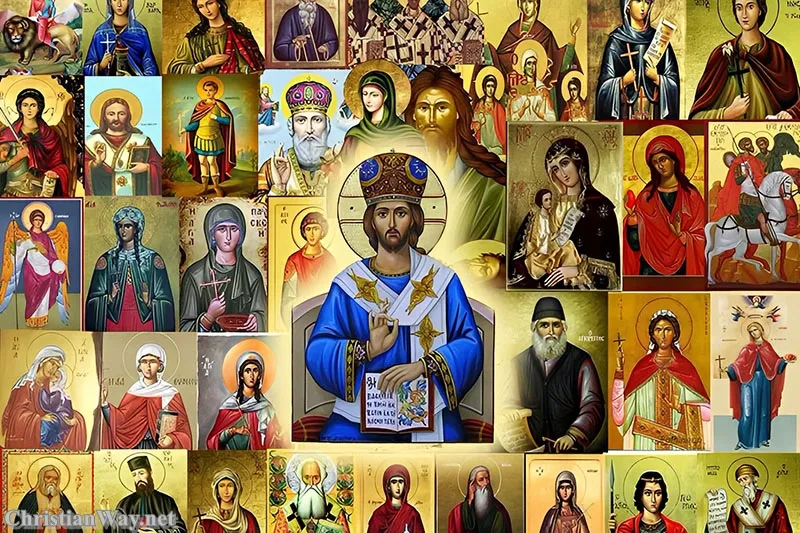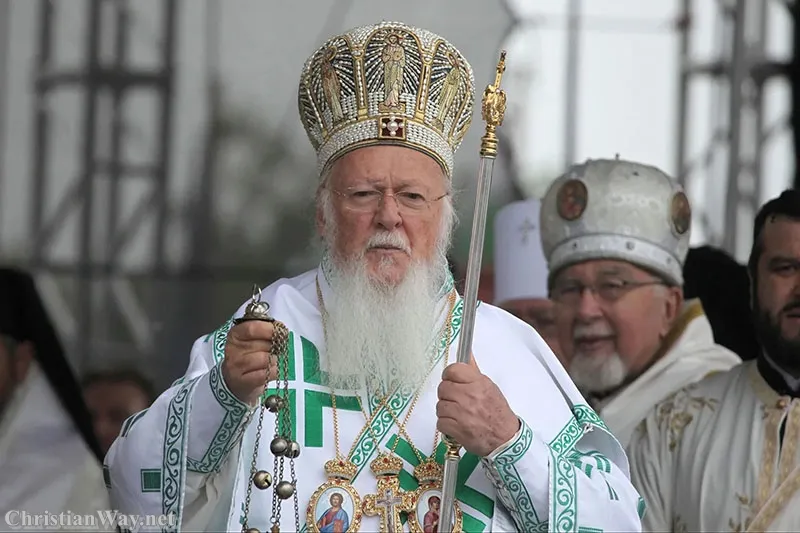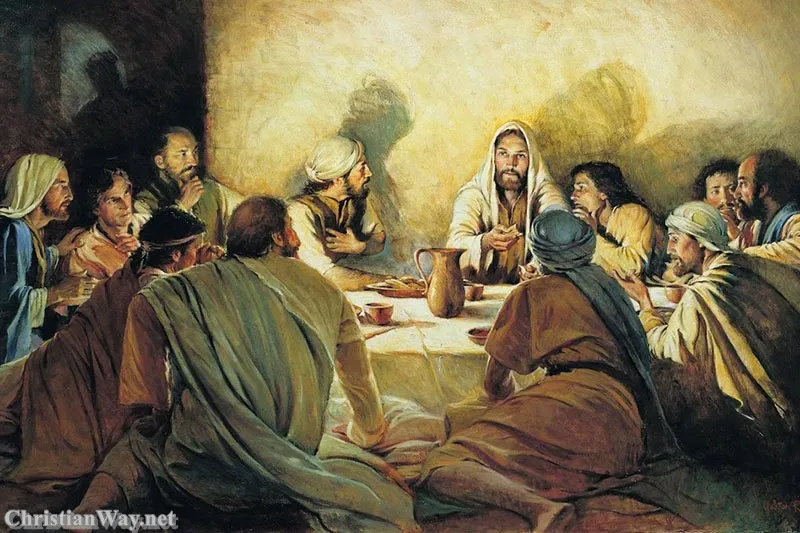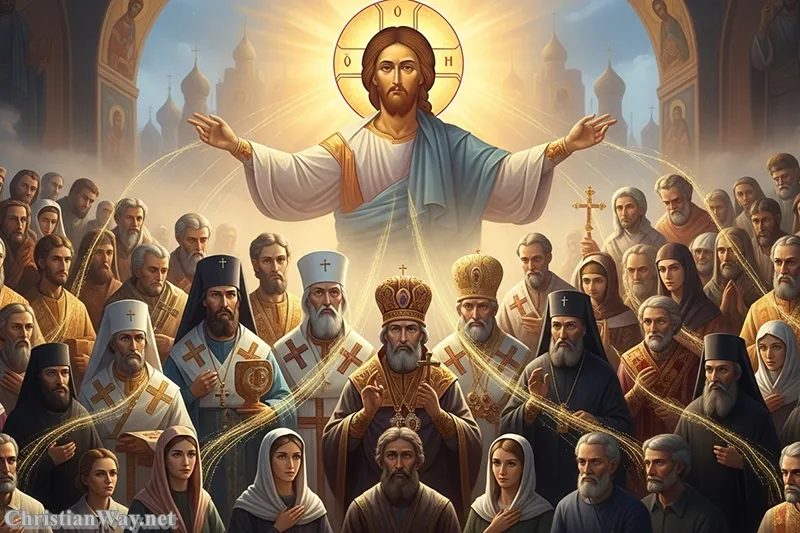Dear brothers and sisters in Christ,
When we open the pages of the Bible, we are not merely reading words preserved through centuries — we are stepping into the living mystery of God’s revelation. For the Orthodox Christian, Scripture is not a private document to be analyzed, but a sacred voice sung in the heart of the Church. It is within the liturgy, the prayers, and the life of the faithful that the Bible breathes. And at the heart of this tradition lies something profoundly ancient and holy — the Septuagint, the Greek translation of the Old Testament that became the foundation of the Orthodox Bible.
For many Christians today, the term Septuagint (often abbreviated as LXX) may sound scholarly or distant. Yet for the Orthodox Church, it is the very soil in which the Word of God took root before Christ walked upon the earth. Understanding the Septuagint is not about historical curiosity; it is about recognizing how God prepared His people for the coming of the Savior — and how the early Church received the Scriptures that testified of Him.
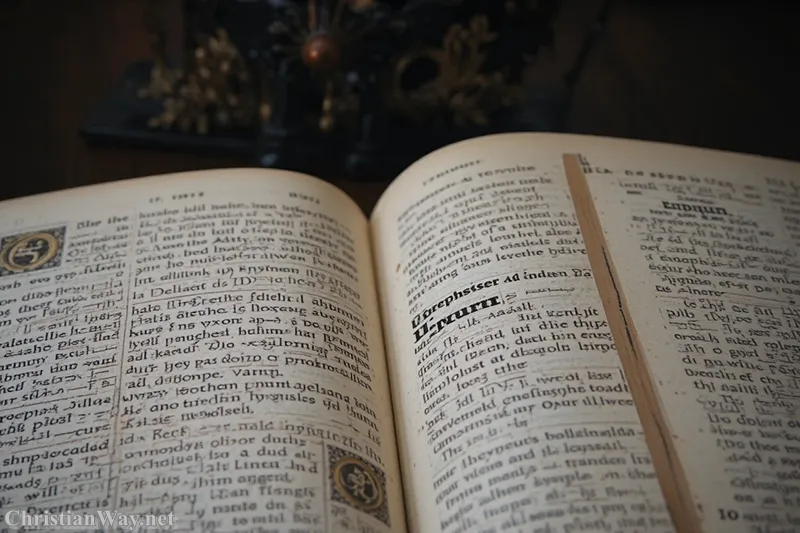
In this reflection, let us walk gently through the story of the Orthodox Bible and the Septuagint, not as historians only, but as children of the same Word, seeking to hear the voice of the Spirit that once spoke through prophets and now speaks through Christ, the Living Word.
📜 The Septuagint: The Bible of the Early Church
The birth of a sacred translation
The Septuagint — whose name means “seventy” — was born in Alexandria around the 3rd century before Christ. According to ancient tradition, seventy (or seventy-two) Jewish scholars translated the Hebrew Scriptures into Greek for the Jewish community living in the diaspora, where Greek was the common language.
At that time, many Jews no longer spoke Hebrew fluently. They prayed, traded, and thought in Greek. Thus, the Septuagint emerged not merely as a translation, but as a divine providence — God ensuring that His Word would be heard in the tongue of the nations that would one day receive His Gospel.
The early Christians, including the Apostles themselves, read and quoted this version. When St. Paul or St. Peter cited the Scriptures in their letters, the words often matched the Septuagint, not the later Hebrew Masoretic Text. Even Jesus, when reading in the synagogue or teaching from the Psalms and the Prophets, echoed the meaning found in the Greek Scriptures used in His time.
The Septuagint thus became the Bible of the Apostles, the Bible of the early Church, and later, the Bible of the Orthodox tradition.
📖 The Canon of the Orthodox Bible
A wider embrace of sacred books
One of the most distinctive aspects of the Orthodox Bible is its Old Testament canon, which includes several books not found in the Protestant or Jewish canons. These additional writings — known as the Deuterocanonical books — such as Tobit, Wisdom of Solomon, Sirach, Judith, and Maccabees, were part of the Septuagint from the beginning.
The Orthodox Church never saw these books as “extra.” They were part of the Scriptures read by the first Christians, used in liturgy, and quoted by the Fathers of the Church. St. Athanasius the Great, St. Basil the Great, and St. John Chrysostom all preached and taught from them. They carry the same spiritual authority and moral power as other parts of the Old Testament, guiding believers in prayer, ethics, and the hope of salvation.
To the Orthodox mind, the canon is not merely a list of books but a living collection shaped by the worshiping life of the Church. The Church did not choose which books were Scripture; rather, Scripture was recognized in the heart of the Church as the Word of God speaking with divine authority.
🔥 The Septuagint and the Coming of Christ
Prophecy in its truest light
The Septuagint holds profound theological significance for the Orthodox Church because it reveals Christ in prophecy with astonishing clarity.
Take, for example, Isaiah 7:14. In the Hebrew text, the word almah can mean “young woman,” but the Septuagint renders it parthenos, meaning “virgin.” Thus, the prophecy reads: “Behold, the virgin shall conceive and bear a son, and shall call His name Emmanuel.” (Isaiah 7:14, LXX)
This translation prepared the world to recognize the miracle of the Virgin Birth, fulfilled in the person of Mary, the Theotokos. The Greek word parthenos was not an accident — it was providence. The Septuagint, centuries before Christ, proclaimed what would come to pass in Bethlehem.
Similarly, many Psalms and prophecies — such as those foretelling the suffering servant in Isaiah or the crucifixion imagery in Psalm 21 (22 in Hebrew numbering) — appear more vividly and Christologically in the Septuagint. This is why the Orthodox Church continues to use it: not only for fidelity to history, but because it speaks the language of Christ’s fulfillment.
🕯️ The Septuagint in Orthodox Worship
The living Word proclaimed in prayer
The Orthodox Church does not merely preserve the Septuagint in study or scholarship — she lives it in worship. The Psalms sung in Vespers, Matins, and the Divine Liturgy are taken from the Septuagint. Its language shapes the hymns, the readings, and even the prayers of the faithful.
When we hear in the Liturgy of St. John Chrysostom the cry, “O Lord, save Thy people, and bless Thine inheritance,” we are echoing the very words of the Greek Psalter. The poetry of the Septuagint carries a rhythm that has become part of the Church’s spiritual breath.
In the monastery and the parish alike, the faithful chant the words of this ancient text daily, uniting their voices with the saints and the angels. Thus, for Orthodox Christians, Scripture is not read alone but sung, prayed, and lived in communion.
🧩 The Septuagint and the Masoretic Text
A tale of two traditions
The Hebrew Bible most commonly used today — known as the Masoretic Text — was standardized by Jewish scholars between the 6th and 10th centuries after Christ. While it is based on ancient manuscripts, it differs in many places from the Septuagint.
For example, in Psalm 40:6 (Psalm 39:7 in the Septuagint), the Hebrew reads, “You have dug ears for me,” but the Septuagint translates it, “A body You have prepared for me.” The writer of the Epistle to the Hebrews quotes this version directly when referring to Christ’s Incarnation:
“Therefore, when He came into the world, He said: ‘Sacrifice and offering You did not desire, but a body You have prepared for Me.’”
— Hebrews 10:5
This difference is not merely linguistic — it is theological. The Septuagint reveals the mystery of the Incarnation that the Masoretic text, in this case, veils.
Thus, for the Orthodox, fidelity to the Septuagint means fidelity to the way the early Church understood the Scriptures in the light of Christ.
🕊️ The Role of the Holy Spirit in the Formation of Scripture
The Orthodox Church teaches that the same Holy Spirit who inspired the prophets also guided the Church in recognizing and preserving the true form of Scripture. The Septuagint, translated by devout scholars centuries before Christ, was not a random human effort. It was a work of providence — a preparation for the fullness of revelation in the New Covenant.
When the Apostles proclaimed the Gospel, they did not bring a new text but a new light shining upon the ancient Word. The Holy Spirit, who spoke through Moses and David, now spoke through Peter and Paul. The continuity is divine.
Therefore, the Orthodox Bible — with its foundation in the Septuagint — is not simply a different version; it is the expression of the same Spirit who breathes through the ages, binding the Old and New Testaments into one sacred harmony.
🌿 The Septuagint and the Unity of the Church
The Septuagint also serves as a bridge of unity across generations and nations. From the deserts of Egypt to the monasteries of Mount Athos, from the cathedrals of Russia to the parishes of America, the same Psalms are chanted, the same prophecies read.
It unites Greek, Slavic, Arabic, and English-speaking Orthodox believers in a common biblical heritage. Through it, we share in the same melodies and meanings that shaped the worship of the first Christians.
Even beyond Orthodoxy, many scholars and theologians across denominations have come to appreciate the beauty and depth of the Septuagint. It reminds all Christians that Scripture was born in the womb of the Church, interpreted through faith, and carried forward by love.
💠 Reading the Orthodox Bible Today
For modern readers, approaching the Orthodox Bible through the Septuagint invites a rediscovery of sacred depth. Many Orthodox translations, such as the Orthodox Study Bible, are based on the Septuagint text, helping the faithful encounter Scripture as the early Church did.
Reading these texts with prayer and reverence allows us to see how God’s plan unfolds with consistency and beauty — from Genesis to Revelation, from promise to fulfillment.
The Septuagint reminds us that faith is not bound by language or time. The same Word that spoke through the prophets in ancient Greek now speaks to us in our own tongue. What matters is not the sound of the words, but the Spirit that gives them life.
🌅 Reflect and Pray
Dear friends, the Septuagint is more than a text — it is a testimony to God’s faithfulness through history. In its pages, the Orthodox Church hears the echo of Christ’s voice, the whisper of the Holy Spirit, and the melody of divine love that has never ceased to sing through creation.
When we open the Orthodox Bible, we stand before the same mystery that once moved St. Mary to say, “Let it be to me according to Your word.” (Luke 1:38) It is the Word that forms saints, strengthens faith, and gives life to all who believe.
Let us, then, read with reverence, pray with the Church, and let the Spirit who inspired the Scriptures inspire our hearts.
Prayer
Lord Jesus Christ, Word of the Living God,
You who spoke through the prophets and fulfilled their words in Yourself,
Open our minds to understand the Scriptures,
That we may see in every page the light of Your mercy and the truth of Your love.
Grant that as we read, we may hear Your voice,
And as we believe, we may walk in Your ways,
To the glory of the Father, and of the Son, and of the Holy Spirit,
Now and forever. Amen.
— Fr. John Matthew, for Christian Way
